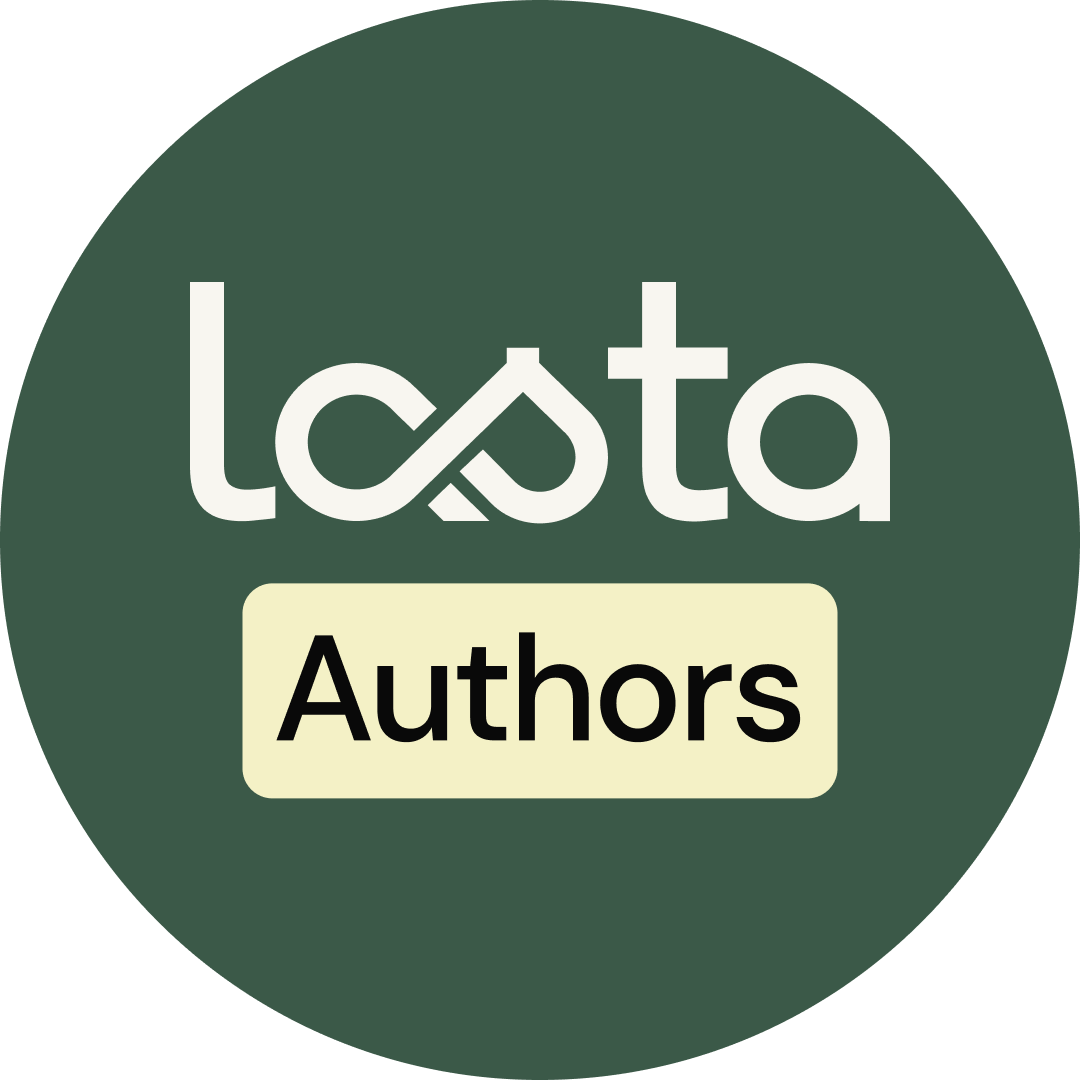Table Of Contents
When you’re emotionally vulnerable, the biggest eating cravings might strike. When confronted with challenging tasks, when you’re worried or exhausted, you may resort to food for satisfaction, knowingly or unknowingly.
As a result, emotional eating can derail your weight-loss goals. It frequently leads to overeating, particularly of food that contains high-calorie, sweet, and fatty meals. Here is the good news, you can regain control of your eating habits and get back on track with your weight-loss objectives if you’re prone to emotional eating.
We have it all detailed in this article, everything you need to know about stress eating. Take a deeper dive to learn more.
How Does Stress Eating Affect Your Appetite?
Women with increased persistent stress levels are more likely to find themselves in emotional eating, according to studies. There may be physiological responses to stress in addition to psychological ones. However, Cortisol, a hormone that enables the body to maintain itself, is released during a stressful situation.
Note that the essence of released cortisol is to help prep the body for stress, and it also helps the body break down muscles for energy. Excessive cortisol in the bloodstream causes slow metabolism, muscular deterioration, and fat accumulation, most commonly in the abdomen and underarms regions of the body.
Whenever cortisol levels are raised for an extended period, such as during frequent and chronic stress, it can contribute to heightened food consumption, fat storage, and severe weight increase.

Emotional Eating
Emotional eating is when you use food to console yourself, numb a painful emotion, or distract yourself from feelings you don’t think you can handle. Many of us would not become overweight or obese if people just ate when our bodies were actually in need of sustenance, generally known as food.
However, many people use food to cope with emotional stress, which can contribute to obesity. Emotional eating occurs when we desire food not to satisfy a bodily food need, but rather to make ourselves feel great in certain ways.
Click here to take the Food Addiction Quiz and find out if you have a food addiction.
Emotional Eating Therapy
When you’re experiencing emotional eating all you need to do is get all the available help you can. The following are tips that could help you snap out of it.
- Learn to understand what you need better, what your body needs, stop emotional eating, and take control of your urges.
- Make a stand and let others know what you need
- Confront your restricting body and food attitudes.
- Without the use of food, cope with feelings like depression, anxiety, rage, and loneliness.
- Improve your self-esteem and body image.
- Reduce emotions of inadequacy or lack of control in your life and get back to your nat
- Set appropriate limits in your personal and professional life.
- Develop new stress-relieving, calming, comforting, and pleasurable ways.
Also, read – Psychology of Weight Loss
Emotional Eating Disorder
Eating is an essential component of our life. It is required for survival and it’s also a social event. Friends and family can come together over meals. However, eating can be linked to a variety of psychiatric disorders in some people. Have you ever reached for a bag of chips because you were depressed or bored? That act is an emotional eating disorder.
However, emotional eaters frequently turn to food to cope with negative feelings such as uncertainty, pressure, tension, or depression. However, when a lot of people with an emotional eating disorder are experiencing unpleasant emotions, they turn to food.
Emotional eating disorders are characterized by the use of food as a coping mechanism for pessimism, uncertainty, indifference, and loneliness
Good Food for Stress
There are varieties of foods that are good for stress. When you find yourself undergoing stress the following are tips on good foods you could try out.
- Blueberries
There’s a battle going on inside you when you’re under stress. The antioxidants and phytonutrients found in berries help resist your urge, it helps enhance your body’s reactions to stress. Natural killer cells are increased in blueberry eaters, according to research.
- OatMeals
If you’re a carbohydrate addict, nothing will be able to help you while you’re stressed. First and foremost, do not deny the desire. According to a Massachusetts Institute of Technology study. Oatmeal is excellent stress-relieving food.
- Eggs
Egg yolks are high in Vitamin D and high in protein. Eggs are a good basis of filthy protein as well. It’s a perfect protein, which implies it contains all of the amino acids that the body requires for growth and improvement.
- Omega-3 Fatty Acids
Omega-3 is abundant in fatty fish such as salmon, sardines, and trout. Omega-3 is a fatty acid that has been linked to mental well-being. However, according to reliable sources, if an individual consumes too much omega-6 and not enough omega-3, they may enhance their chance of generating mood disorders like anxiety, and soon might be thrown into depression.
- Yogurt
There is growing evidence that certain bacteria and fermented properties have beneficial impacts on the brain. Yogurts, alongside dairy products, according to a recent scientific assessment, may also have an anti-inflammatory impact on the body.
- Organ Meats
Organ meats, such as the heart, liver, and kidneys of cows and chickens, are high in B vitamins, particularly B12, and folate, all of which are important for stress management. Vitamin B, for instance, is required for the creation of neurotransmitters such as dopamine and serotonin, which aid in mood regulation.
Final Thought
Many foods have nutrients that may aid in stress reduction. Fatty salmon, kimchi, garlic, tea, and broccoli are just a few of the foods that may be beneficial. To naturally enable stress relaxation, endeavor to incorporate some of these foods and drinks into your meal plan. At the Lasta. app blog, our team of experts is ready to help out.
We are an Inspired team of writers who are passionate about writing on the topic of a healthy approach to Nutrition and Wellness. We are guided in our writing by our knowledge and experience as well as open official medical and health sources.








